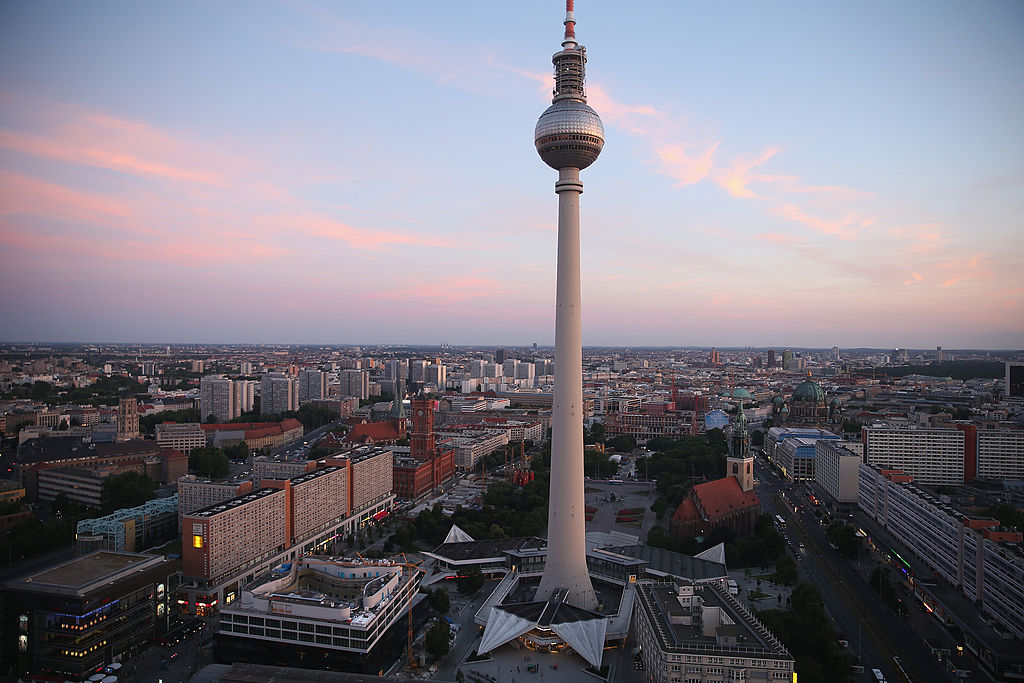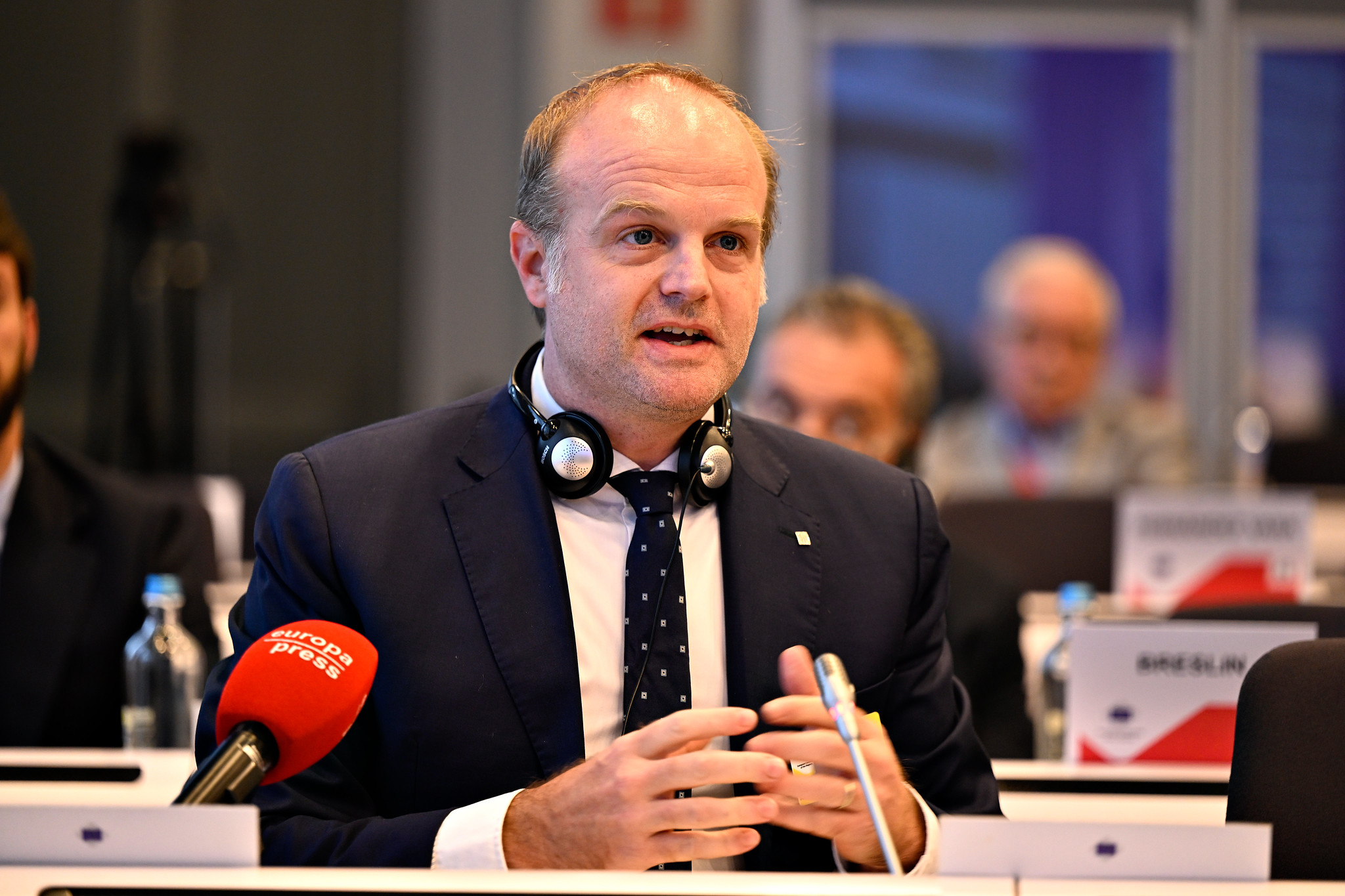Bordeaux, France
The appeal of Bordeaux as a professional destination is drawing more employees and executives away from Paris and towards the picturesque city southern city.
A recent study sheds light on the factors driving this trend, illuminating Bordeaux’s position as a frontrunner in attracting talent and businesses across France.
Conducted jointly by Newton Offices, Stan Consulting, KPMG, and Odoxa, the study explores the shifting dynamics of professional migration within France.
It reveals that three-quarters of surveyed employees are open to relocating to a different metropolitan area, with Bordeaux emerging as the preferred destination among respondents.
“The results of this study affirm what we observe daily. Companies are establishing regional branches in major cities to connect with clients and retain employees seeking a higher quality of life” says Guillaume Pellegrin, President of Newton Offices.
Motivations for relocation underscore the pursuit of opportunities, with 74% of employees citing potential career advancement and salary increases as compelling reasons to leave the Parisian region behind. The study identifies twelve targeted cities, including Bordeaux, Lyon, and Lille, as focal points for prospective relocations.
Notably, 44% of respondents express readiness to move unconditionally to one of these designated cities, reflecting a widespread eagerness for change.
Young professionals represent a significant demographic within this cohort, embodying a collective desire for enhanced mobility and lifestyle improvements.
Beyond professional opportunities, three key factors drive employee mobility: quality of life, pleasant surroundings, and accessible housing options.
These elements underscore the appeal of mid-sized cities with favourable climates, fostering a conducive environment for both work and leisure.
For executives and managers, considerations extend to the economic policies and performance of prospective cities. Fiscal policies, purchasing power, and business performance are pivotal factors influencing decisions regarding business expansion and location selection.
The study’s findings underscore the competitive landscape among metropolitan areas vying to attract both businesses and talent.
Bordeaux, leveraging its economic strengths, particularly in the healthcare sector, stands as a contender challenging the dominance of Paris and Lyon.
In a broader context, the study signals a shift away from the traditional stronghold of Paris, with emerging metropolitan areas carving out distinct economic identities.
Bordeaux’s ascendance reflects a broader trend towards decentralisation and regional development, reshaping France’s economic landscape in the process.
As Bordeaux continues to assert its prominence as a hub for professionals and businesses alike, the competitive dynamics among metropolitan areas underscore the evolving priorities shaping France’s professional landscape.
In this era of decentralisation, Bordeaux offers a compelling blend of economic vitality and lifestyle appeal to professionals seeking new horizons within France.





